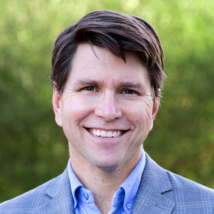
Stephen Ornes has been writing for Science News Explores since 2008, and his 2014 story "Where Will Lightning Strike?" won an AAAS/Kavli Gold Award. He lives in Nashville, Tenn., and he has three children, who are inventing their own language. His family has a cat, six chickens, and two rabbits, but he secretly thinks hagfish are the most fascinating animals. Stephen has written two books. One is a biography of mathematician Sophie Germain, who was born during the French Revolution. The other, which was published in 2019, features art inspired by math. Visit him online at stephenornes.com.

All Stories by Stephen Ornes
-
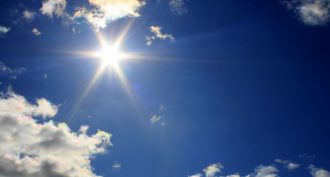 Chemistry
ChemistrySunlight might have put oxygen in Earth’s early air
High-energy bursts of ultraviolet light can break apart carbon dioxide, yielding oxygen gas. The experiment may mimic what happened on Earth billions of years ago.
-
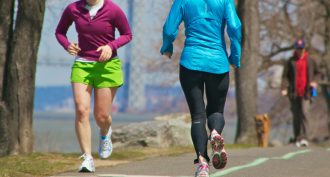 Health & Medicine
Health & MedicineStrong body helps the mind
Study finds new link between the body and brain in mice and may help explain how exercise heals.
-
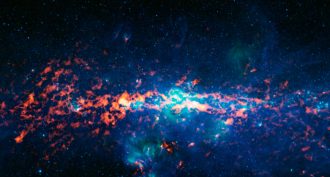 Chemistry
ChemistrySpace cloud may hold clue to life’s origins
Scientists probing a cloud of dust and gas some 26,000 light-years away found a chemical with a structure resembling molecules critical for all life on Earth.
-
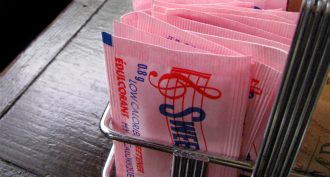 Health & Medicine
Health & MedicineArtificial sweeteners may evict good gut microbes
People use saccharin and other artificial sweeteners to try to stay healthy. A study now suggests such sweeteners might actually cause harm by encouraging the wrong bacteria to grow in our guts.
-
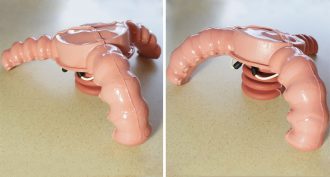 Tech
TechSquishy robot propelled by ka-pow!
This is not your average robot. It flies through the air, propelled by an explosion in one of its arms. It could prove useful in disaster areas or war zones.
-
 Fossils
FossilsEarly dino-era start for modern mammals
Fossils of an extinct group of rodent-sized mammals suggest they were related to modern mammals. These ancient remains push back the origin of mammals by many millions of years.
-
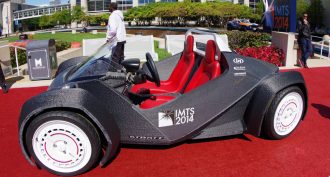 Computing
Computing3-D printers are making cars!
3-D printing technology makes it possible to print anything — even a car. A team of engineers designed the Strati and then printed the electric cars at events in Chicago and New York.
-
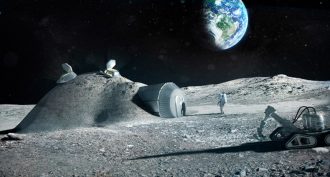 Tech
TechExplainer: What is 3-D printing?
A new type of computer printer is already doing a lot more than spraying ink onto paper. Some dispense metal, plastic, food — even cells. In short order, people may be able to manufacture almost anything from their home or office.
-
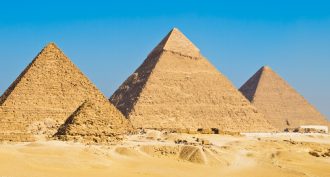 Archaeology
ArchaeologyPyramids’ blocks: Possibly rock ‘n’ rolled
No one knows how the ancient Egyptians moved the big stones needed to build their pyramids. A new study suggests they could have rolled them, by attaching wooden posts to the sides.
-
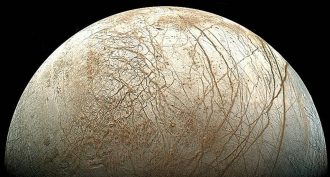 Planets
PlanetsThis moon’s surface slides, just like Earth’s
Europa is one of Jupiter’s giant, icy moons. Scientists say it has plate tectonics, which means its surface is covered by moving, giant slabs.
-
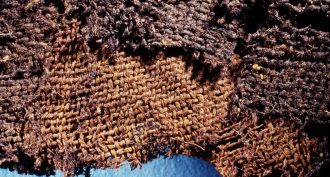 Archaeology
ArchaeologyMummies existed before Egypt’s pyramids
Materials from an ancient Egyptian cemetery suggest people were preserving their dead long before the pyramids and pharaohs.
-
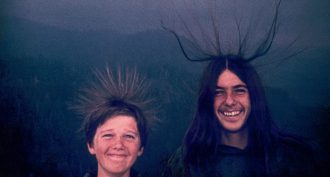 Climate
ClimateWhere will lightning strike?
When lightning strikes, the results can be deadly. But nature’s dazzling light show also can provide scientists with insights into when and where the next thunderbolt might strike.